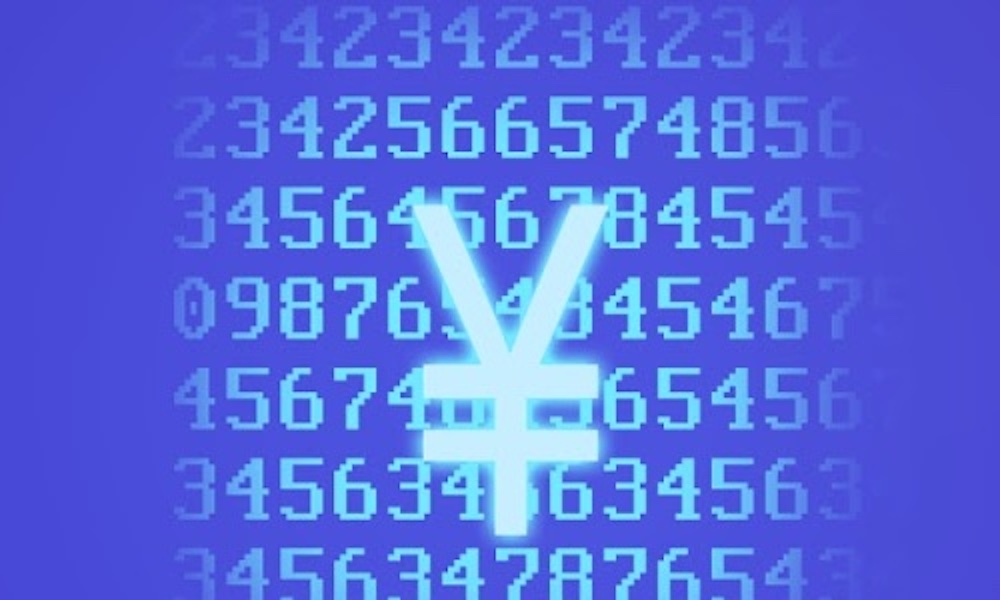China to promote digital yuan to foreign Olympic visitors
The Beijing Olympics next month will be the first time that the digital yuan app will be available to foreigners, making this one of the first tests China must pass in its quest to globalize the currency.

China is kicking off its first digital yuan sales pitch to foreign audiences by encouraging athletes and spectators to use the new mobile-phone-based currency at the Winter Olympic Games.
The digital yuan is already being piloted to Chinese citizens in major cities. One hundred and forty million Chinese individuals have registered for digital yuan apps so far, according to a count last November, which pales in comparison to usage rates of Alipay and WeChat, two digital payment apps used by most citizens of China.
- If the digital yuan rollout succeeds, it will mean the end of the duopoly of Alipay and WeChat Pay, industry insiders tell Caixin.
- Reducing Alibaba and Tencent’s dominance in parts of China’s financial system is a key government goal. Alipay and WeChat thus offer the digital yuan on their platforms even though they are natural competitors.
The Olympics will be the first time the app will be available to foreigners, making this one of the first tests China must pass in its quest to globalize the currency:
- Visitors will be able to get the virtual currency by downloading an Android or iOS app or storing it on a physical card, according to the Bank of China, an official partner of the Games.
- Athletes will get a wristband that can be swiped to pay for goods and services.
- In July, three U.S. Republican senators urged the U.S. Olympic Committee to prohibit American athletes from using the digital yuan at the games, citing espionage and data-security concerns.
The takeaway: Despite concerns over surveillance and data security, worries over the digital yuan are overblown. On surveillance, China’s central bank already has blind spots, so Alipay and WeChat aren’t exactly safe, either.
As for global adoption, China does wish it could challenge the dollar for global prominence, but the barrier has always been politics — capital controls, currency manipulation, etc. — not technology. Digitization won’t solve that.
China news, weekly.
Sign up for The China Project’s weekly newsletter, our free roundup of the most important China stories.






